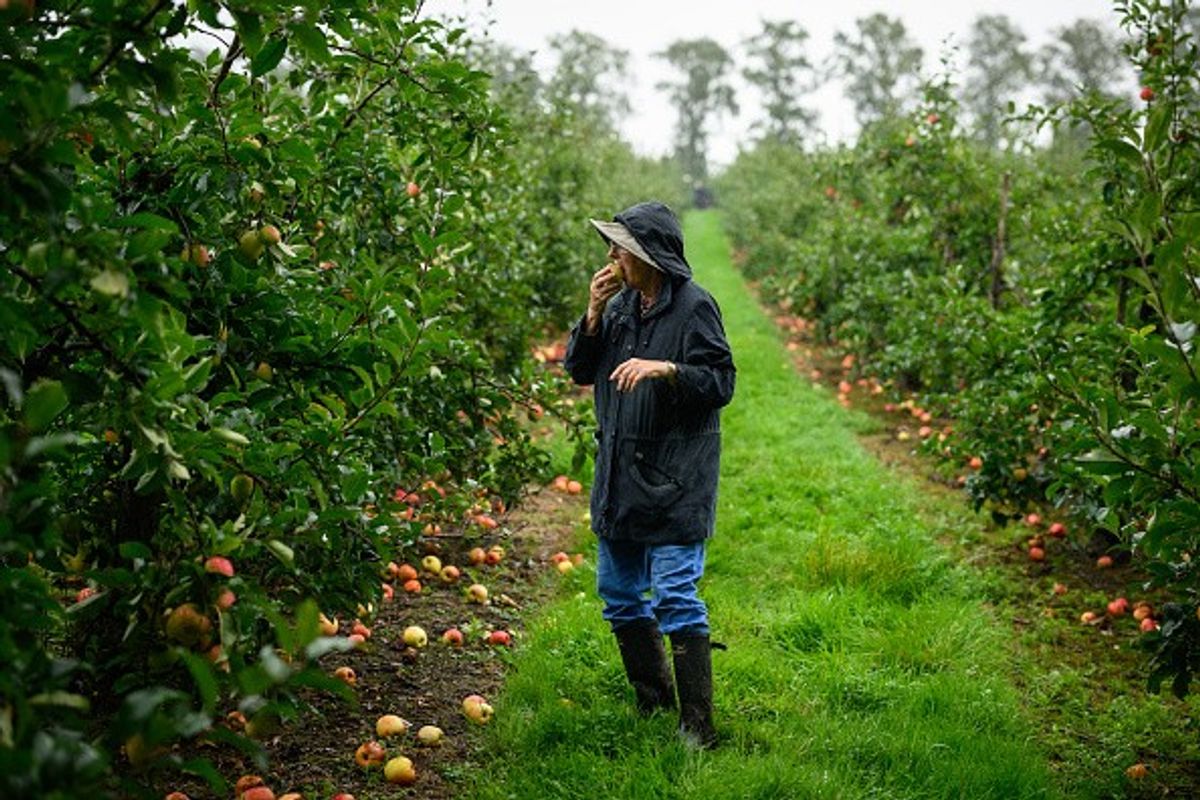The Institute for Grocery Distribution (IGD) has released the report, "A Net Zero Transition Plan for the UK Food System", providing a framework for the food sector to achieve 70 per cent emissions reductions in agriculture and to fully decarbonize heat, electricity and transport.
Commissioned by IGD and developed by consultants EY and WRAP, the first of its kind report provides an independent, evidence-based view for how the UK food system in its entirety, can reduce Greenhouse Gas emissions in line with a 1.5degree SBTi outcome and to meet the UK’s legally binding national target.
Currently, food and drink is the UK’s largest manufacturing industry – it provides 4.4 million jobs, contributes over £100bn to GDP, and generates 30 per cent of all UK territorial emissions much of this relating to agriculture with significant contributions from energy and logistics. The report aims to inform and support further pre-competitive collaboration across the various sectors of the food industry, under the common goal of emissions reduction. It outlines 19 steps that the Government can take to enable this, with a particular focus on strengthening policy for agriculture and energy.
In the short term, the report proposes immediate action by industry and government to support the domestic farming transition and on a set of standards for food imports. Together with action on energy efficiency and low-carbon power generation and significant reductions in food waste, the report shows that 2030 emissions reductions targets are very challenging but achievable.
Kirsty Saddler, Director of Health & Sustainability Programmes, IGD, said: “This UK Food System Transition Plan is a first of its kind approach at unifying wide-ranging perspectives within the food industry around the aim of accelerating progress in emissions reduction. The UK food industry is deeply connected to the climate crisis both as a contributor of emissions but also as an industry that is dependent upon a stable and healthy ecosystem to grow and provide food for the country. All organisations across the system can make better progress, faster, if we work together and with government.”
The framework offered reviews pathways on both the supply side and the demand side, showing the contribution that can be made by the population through diet change, using the NHS Eatwell Guide as a basis. This report also notes the critical role reductions in food waste, particularly by households, can make. Halving food waste in the UK by 2030, in line with UN Sustainable Development Goal 12.3 and the Courtauld Commitment 2030, is estimated to remove about 5 per cent of all food-related emissions.
Catherine David, Director of Behaviour Change and Business Programmes at WRAP, said: “I'm delighted that IGD, with WRAP's support, is launching this report today, which marks a significant step forward towards action on greenhouse gas emissions in the food and drink sector. At WRAP, we are passionate about evidence driven collaborative action which is brought together by our Courtauld Commitment 2030. We hope this report, uniting the whole of UK food and drink, will help catalyse a fresh and focused phase of collaborative action on the urgent issues that industry must tackle.”


